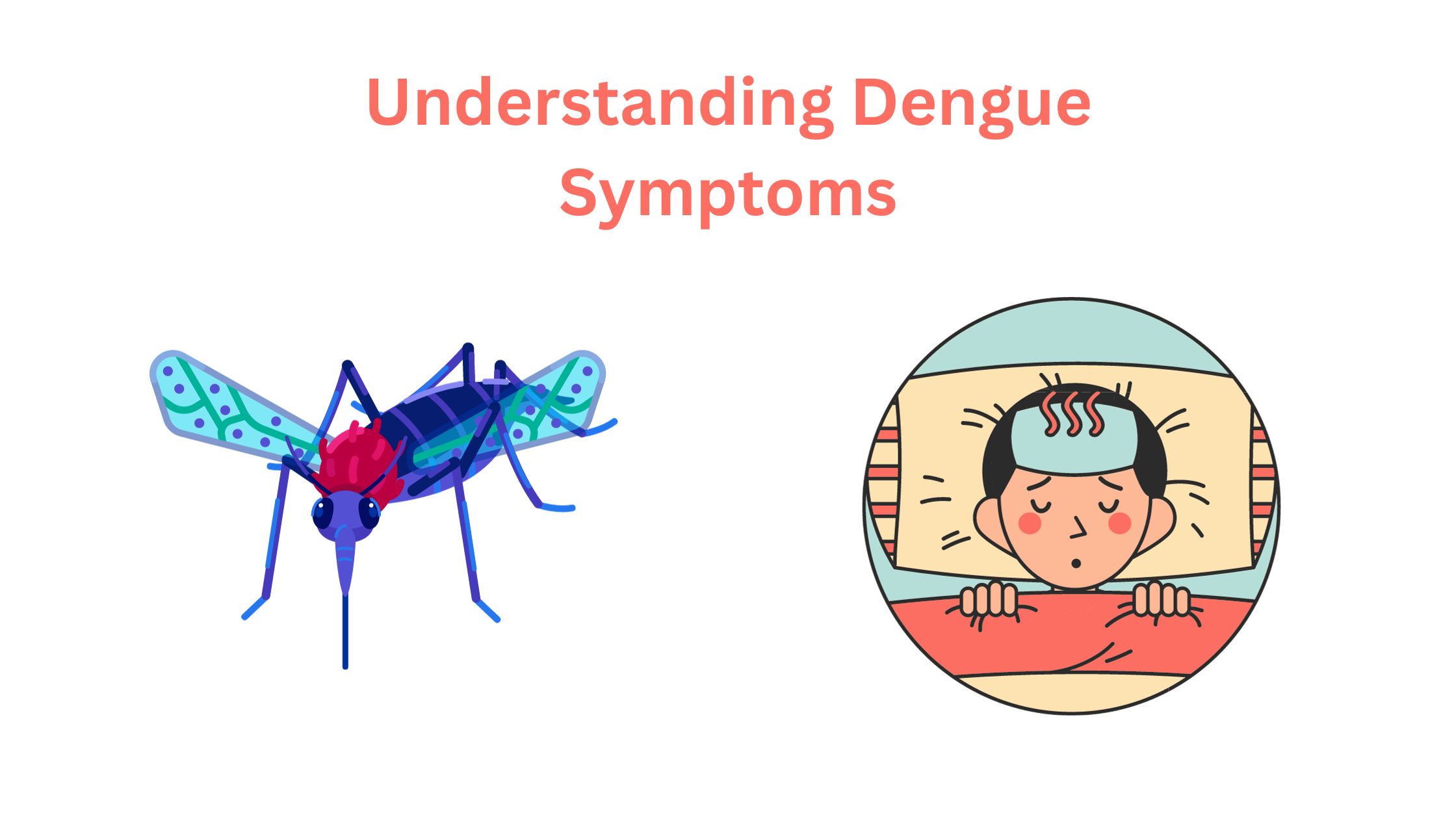Dengue fever, a mosquito-borne viral infection, is a significant public health concern in many tropical and subtropical regions around the world.

Understanding Dengue Symptoms: Identifying the Signs of a Potentially Serious Disease
It is essential to recognize the symptoms of dengue as early diagnosis and prompt medical intervention can be crucial in managing the disease and preventing severe complications. This article aims to provide insight into the common symptoms of dengue fever to help individuals and healthcare providers identify the disease in its early stages.
- High Fever
One of the hallmark symptoms of dengue fever is a sudden onset of high fever. The fever can spike up to 104°F (40°C) or higher and typically lasts for 2 to 7 days. This fever is often accompanied by other flu-like symptoms, making it easy to mistake dengue for a common cold or flu initially.
- Severe Headaches
Dengue-infected individuals often experience severe headaches, which can be persistent and throbbing. These headaches can become quite debilitating and may last for the duration of the fever.
- Severe Joint and Muscle Pain
Dengue fever is often referred to as "breakbone fever" due to the intense joint and muscle pain it causes. This pain can be excruciating and is one of the distinguishing features of dengue. It can make even routine activities extremely uncomfortable.
- Fatigue and Weakness
The combination of high fever, severe headaches, and muscle pain can lead to profound fatigue and weakness in dengue patients. This weakness can persist for several weeks after the fever has subsided.
- Rash
Many dengue patients develop a rash, typically appearing 2 to 5 days after the onset of fever. This rash can be widespread, often involving the face, trunk, and limbs. It is usually accompanied by itching and can resemble a measles-like rash.
- Mild Bleeding
In some cases of dengue fever, individuals may experience mild bleeding symptoms such as nosebleeds, gum bleeding, or easy bruising. While these symptoms are relatively common, severe bleeding is more characteristic of dengue hemorrhagic fever, a potentially life-threatening complication.
- Abdominal Pain and Vomiting
Abdominal pain, nausea, and vomiting are symptoms that can occur in dengue fever, particularly in children. These symptoms can be mistaken for other gastrointestinal issues, so it's crucial to consider them in the context of other dengue-related symptoms.
- Dengue Hemorrhagic Fever (DHF) Symptoms
In severe cases, dengue fever can progress to a more critical condition known as dengue hemorrhagic fever (DHF). DHF symptoms may include severe abdominal pain, persistent vomiting, bleeding from the nose or gums, difficulty breathing, and a significant drop in blood platelets. DHF is a medical emergency and requires immediate hospitalization.
Conclusion
Recognizing the symptoms of dengue fever is crucial for early diagnosis and timely medical intervention. While dengue fever is often a self-limiting illness, severe cases can lead to complications like DHF, which can be life-threatening. If you or someone you know experiences the symptoms described above, especially if they worsen or persist, seek medical attention promptly.
Preventing dengue involves mosquito control measures, such as using mosquito nets, wearing protective clothing, and eliminating breeding sites around homes. Additionally, public health campaigns and awareness initiatives play a vital role in reducing the spread of this disease in affected regions. Dengue is a global health concern, and understanding its symptoms is a vital step in combating its impact on communities worldwide.
Terrorist attacks
Oct 08, 2024Popular News
Subscribe To Our Newsletter
No spam, notifications only about new products, updates.





